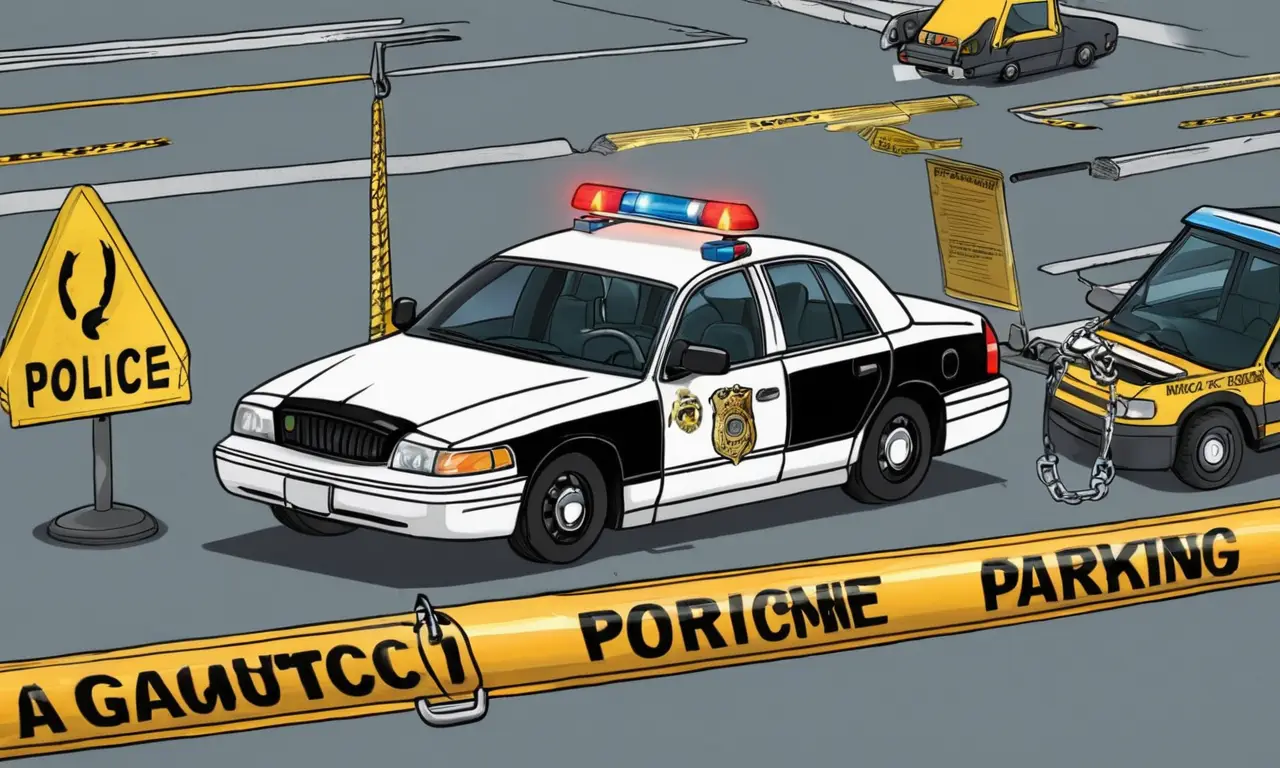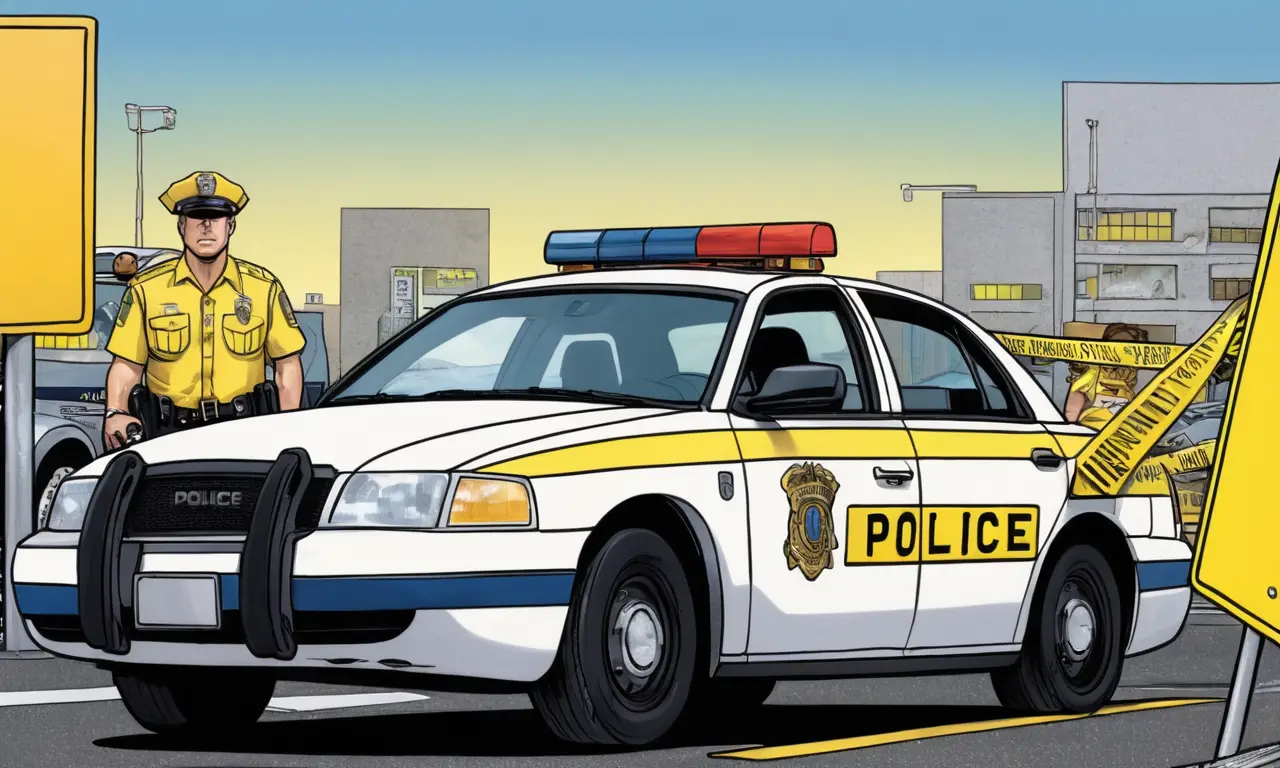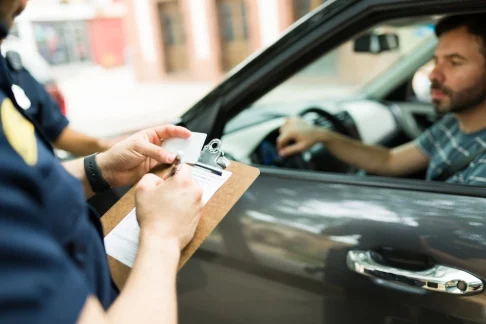Ever wondered if the police can just take your car whenever they want? While it might seem like something out of a movie, there are specific legal circumstances under which law enforcement officers can seize a vehicle. This often happens when a car is linked to criminal activity, presents a danger to public safety, or is used in violation of traffic regulations. Understanding these situations and your rights as a vehicle owner is essential if you ever find yourself facing a police car seizure.
This article will delve into the legal framework surrounding police car seizures, outlining the grounds for such actions, your rights during a seizure, and the process involved. We’ll also explore how to challenge a seizure if you believe it was unlawful.
Police Car Seizure Laws
Police car seizure laws vary from state to state, but they generally fall under two categories: civil forfeiture and criminal forfeiture. Civil forfeiture allows law enforcement to seize property, including vehicles, that is believed to be connected to illegal activity, even if the owner wasn’t directly involved in the crime. Criminal forfeiture, on the other hand, occurs when a vehicle is used as evidence in a criminal case and is subsequently seized as part of the defendant’s punishment.
In both cases, law enforcement agencies must typically demonstrate probable cause that the vehicle was involved in illegal activity to justify its seizure. This means they need to present sufficient evidence to a judge or magistrate to support their claim. The burden of proof often lies with the government to prove that the vehicle meets the criteria for seizure.
Grounds for Vehicle Seizure

There are several specific grounds upon which law enforcement can seize a vehicle. Some common examples include:
- Drug Trafficking: If a vehicle is used to transport illegal drugs, it can be seized under drug trafficking laws. This applies even if the owner wasn’t aware of the drugs being transported.
DUI/DWI Offenses: Vehicles involved in DUI or DWI offenses may be impounded by law enforcement. Repeat offenders or those driving with extremely high blood alcohol content often face more severe penalties, including vehicle seizure.
Vehicle Theft: Stolen vehicles are automatically subject to seizure by law enforcement.
- Traffic Violations: While most minor traffic violations don’t result in vehicle seizure, repeated offenses or serious violations like reckless driving can lead to impoundment.
- Use in a Crime: If a vehicle is used as a getaway car or weapon during a crime, it can be seized as evidence.
Your Rights During a Seizure
While the police have the authority to seize vehicles under certain circumstances, you still retain certain rights during this process:
- Right to Remain Silent: You are not obligated to answer any questions about the vehicle or its use beyond providing basic identification information.
- Right to an Attorney: You have the right to consult with an attorney before making any statements or signing any documents related to the seizure.
- Right to Due Process: The government must follow proper legal procedures when seizing your vehicle, including obtaining a warrant in most cases and providing you with notice of the seizure.
Vehicle Impoundment Process

Once a vehicle is seized, it is typically impounded at a designated facility. You will usually be given information about the impound lot’s location and contact details. To retrieve your vehicle, you may need to:
- Pay any outstanding fines or fees: This could include traffic violations, parking tickets, or storage fees for the impounded vehicle.
- Provide proof of ownership: You’ll likely need to present your vehicle registration, title, and other relevant documents to prove that you are the legal owner.
- Undergo a background check: In some cases, law enforcement may conduct a background check to ensure that you are not prohibited from owning or operating a vehicle.
Challenging a Seizure
If you believe that your vehicle was unlawfully seized, you have the right to challenge the seizure in court. This process typically involves:
- Filing a motion to return the vehicle: You will need to present evidence to support your claim that the seizure was unlawful.
- Attending a hearing: A judge will review the evidence and arguments presented by both sides before making a decision on whether to return the vehicle.
Conclusion
Understanding the laws surrounding police car seizures is crucial for protecting your rights as a vehicle owner. While law enforcement has the authority to seize vehicles under certain circumstances, they must follow proper legal procedures and provide you with due process. If you believe that your vehicle was unlawfully seized, you have the right to challenge the seizure in court. Remember to consult with an attorney if you have any questions or concerns about a potential vehicle seizure.


